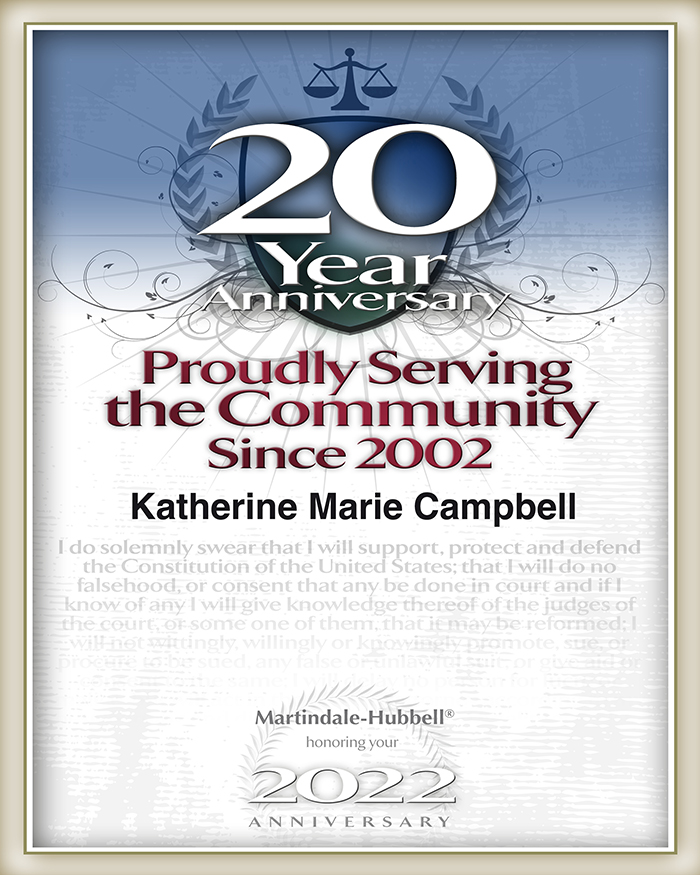Determining Child Support
California believes it is important that both parents support their child to their best of their financial ability. The process of determining child support is done through a child support calculation program. One example is the Dissomaster.
Ideally the mathematical calculations make support more predictable for families. And in most litigation child support orders, a support calculation forms the basis of the support figures used. However, even with the ‘predictable’ formula child support numbers vary widely depending on who provides the calculation inputs, how income is calculated, what filing status is used, what deductions are used, etc.
In a Collaborative Divorce and/or Mediation, we also look at the entire family’s needs as part of the income sharing discussion. Ideally, the child’s home with each parent is roughly equivalent. One of the basic differences between determining child support in the consent dispute processes versus litigation is that the parents are more intimately involved in that conversation than they might be in a litigation setting. In consent processes the support conversation does not default to a support calculation formula. The flexibility of collaborative divorce or mediation allow families to exercise more control over the final support resolution.
Childcare, Medical Expenses, and Children's Activity Fees
Some parents have concerns about who should cover the costs of childcare. While you can ask to have those costs shared disproportionately based on each party’s respective income; parents usually share equally the childcare costs incurred to allow a parent to work, look for a job, or go to school.
Unreimbursed medical expenses are also shared equally by default. These can be expenses for health insurance cost shares or copays, prescriptions, therapy, dental care, orthodontia or braces, vision, glasses, and/or contacts, etc.
Children's activities fees for those agreed-upon activities are also typically shared by the parents. Parents can agree to share the cost for soccer, piano lessons, or other activities. If the parents don’t agree in advance, then the parent seeking the child’s involvement must pay the fees.
However, the child may not be enrolled in activities over objection that interfere with the other’s parenting time.

Get in Touch
Main Office
1901 South Bascom Ave, Suite 1550
Campbell, CA 95008
Phone
(408) 732-5400
Fax
(408) 732-5401
Kathy@CampbellFamilyLaw.com


